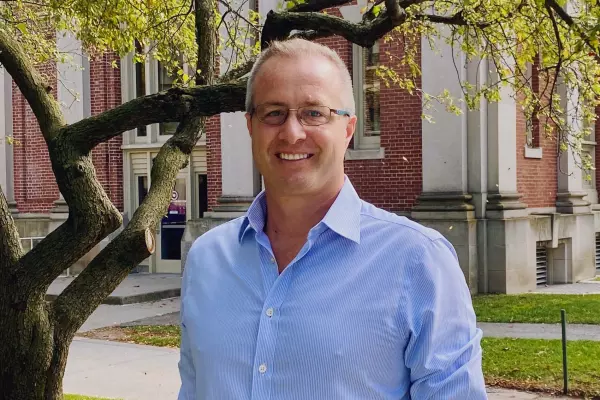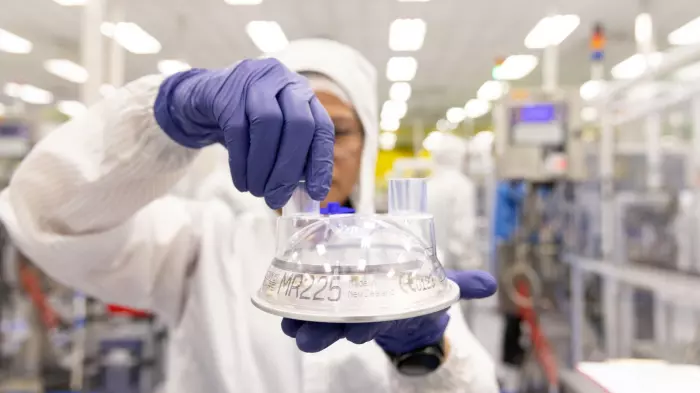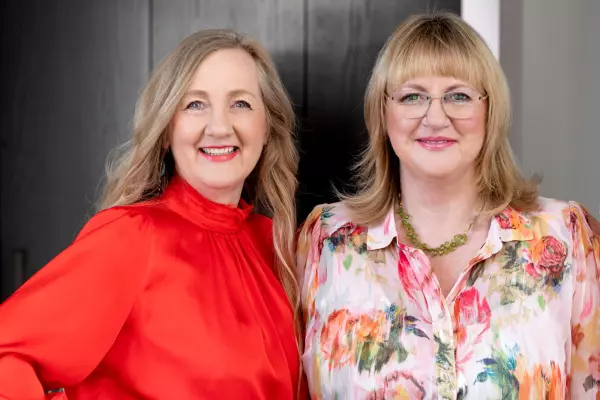When Aisha Daji Punga became chief executive of the Starship Foundation in 2018, she pointed out that New Zealand was ranked in the bottom third of developed countries for overall child health and wellbeing.
In the four years since then, the foundation has been busy. It almost doubled its fundraising to $20.6 million in the December 2020 financial year, from $11.8m in the 2019 financial year. It had raised $12.3m in 2018.
In addition, sponsorship revenue was $747,000 in 2020, almost level with 2019, but down from $1.0m in 2018.
More up to date figures are not yet published. However, Daji Punga said in the December 2021 year the foundation had exceeded its target $20m net surplus before grants expense. The figure for 2020 was $20.5m.
“I joined the organisation to help support their ambitious goal of doubling the income for Starship (Hospital) and the children of New Zealand,” Daji Punga said.
Address funding shortfalls
Starship Children’s Hospital was established in 1991. The Starship Foundation was set up the following year to address expected funding shortfalls, with business leader Ralph Norris as its first chair. Daji Punga said its goal was not to invest in core services but to make the hospital a place of world-class healthcare.
More than 60% of patient visits were from outside the Auckland DHB (district health board) area, Daji Punga said.
“When a child’s life is in the balance, Starship is the place that you need to be.”
The foundation aimed to accelerate the pace of change and make an impact with its donations, she said. “We’re looking at pilot programmes that will enable a better way of doing things, equipment that wouldn’t normally be funded.”
A major project has been expanding Starship Hospital’s paediatric intensive care unit (PICU) with an extra 10 beds, a medical day-stay unit, and better facilities for families.
The foundation has given $15m on top of the government’s $25m funding for this expansion.
Keeping children out of the hospital in the first place was just as important, Daji Punga said. The foundation invested in healthy homes initiatives and accident prevention.
There is also a strong focus on diabetes research.
“We’ve got trials in technology that can help support people to manage their insulin use in their homes to help prevent hospitalisation,” she said.
The Starship Foundation handed out a total of $12.7m in 2020, up from $9.0m in 2019. Of this, $7.2m was for medical equipment and projects, compared with $6.7m in 2019.
Research got a huge boost, receiving $4.0m in 2020. In 2019, that figure was $839,000, which was down from the 2018 figure of $1.4m.
Daji Punga said one reason was that 2020 was a strong year for research-specific donations. But the foundation had already identified extra needs.
"In 2019, we did quite a bit of work to understand what was holding Starship’s research programme back and found we needed to invest in a research clinical support team,” Daji Punga said.
Key objectives included increasing the number and the quality of successful research grant applications, and improving the consultation process with Māori.
Air ambulance
The foundation also contributes $1.5m a year for Starship’s brightly coloured fixed-wing air ambulance. On average, it picked up one child every 48 hours from around the country, Daji Punga said.
“We often talk about how, when covid first hit, and there were no planes in the air, there was a national air ambulance in the air.”
Daji Punga said although the covid-19 pandemic was very challenging for many charities as donors pared expenses, the Starship Foundation was less affected than other organisations. "Our experience is that donors can give to three to five charities. And what we found is that charities giving was usually limited to the top two, and we were in the top two."
Many donors, including corporates, actually gave more than usual, she said. A high public profile probably helps, together with free publicity from several media companies, including radio, television and cinema.
The media companies’ support was a significant help with the foundation’s air ambulance and PICU expansion campaigns, Daji Punga said.
When it comes to corporate help, Daji Punga is still keen on money in the bank. “I definitely say cash is king,” she said. But the little things count too.
“The Heart of Racing, Mercury (Energy) and Barfoot and Thompson all support nurses’ day, where we put on a lovely lunch and thank them again for their hard work,” she said.
One pillar of corporate support is the foundation’s “Five Star” partners, Mercury Energy, Barfoot and Thompson and ASB. The investment levels needed to qualify are confidential, but the key is a three-year partnership with the Starship Foundation.
Daji Punga said the phasing out of cheques had been a concern for many charities, particularly with elderly supporters.
“Potentially a third of our direct mail donors were not really feeling comfortable with shifting their donations to another payment format.”
Starship Hospital was just now getting back to normal services after the pandemic, Daji Punga said.
A catchup was needed for some vaccinations, and surges in the RSV respiratory illness – which can hospitalise babies and infants – were expected, she said.
“So we can expect to see a long hard winter.”















